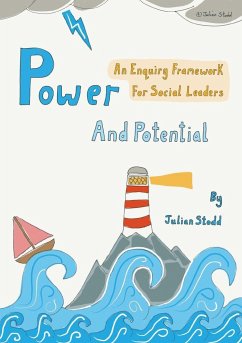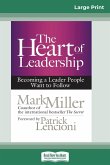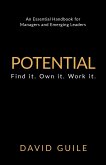Some power may be held structurally, within the hierarchy, given to you by the Organisation you work for, and arranged into rules, systems, process, and mechanisms of consequence and control. Other types of power are unwritten, held within our reputation in the community, or through the influence, or coercion, that comes from seniority or expertise, stories, or beliefs. Power is complex: it is not a one- dimensional force, but a multidimensional one. Sometimes the different forms of power that we hold in these different dimensions can operate against one another, while at other times they can be mutually exclusive. For example, you may fail to be authentic in your own beliefs and concurrently obedient within a formal system. Whatever type of power we are discussing, whatever form of leadership we think we need, three things are always true. ¿ Firstly, all power has limits. We may not realise it, we may never probe it, but power always has an edge. Understanding the limits of our power may be more important than understanding the substance of it. ¿ Secondly, all power can be opposed. However powerful we feel, and however all-encompassing the extent of our control feels, power can always be opposed. That is, at least by those willing to pay the price. ¿ Thirdly, and finally, all power has a cost, both to ourselves, and to others. Nothing is free: it may demand our consensus or obedience, our freedom or virtue, our followership or sacrifice.
Hinweis: Dieser Artikel kann nur an eine deutsche Lieferadresse ausgeliefert werden.
Hinweis: Dieser Artikel kann nur an eine deutsche Lieferadresse ausgeliefert werden.








